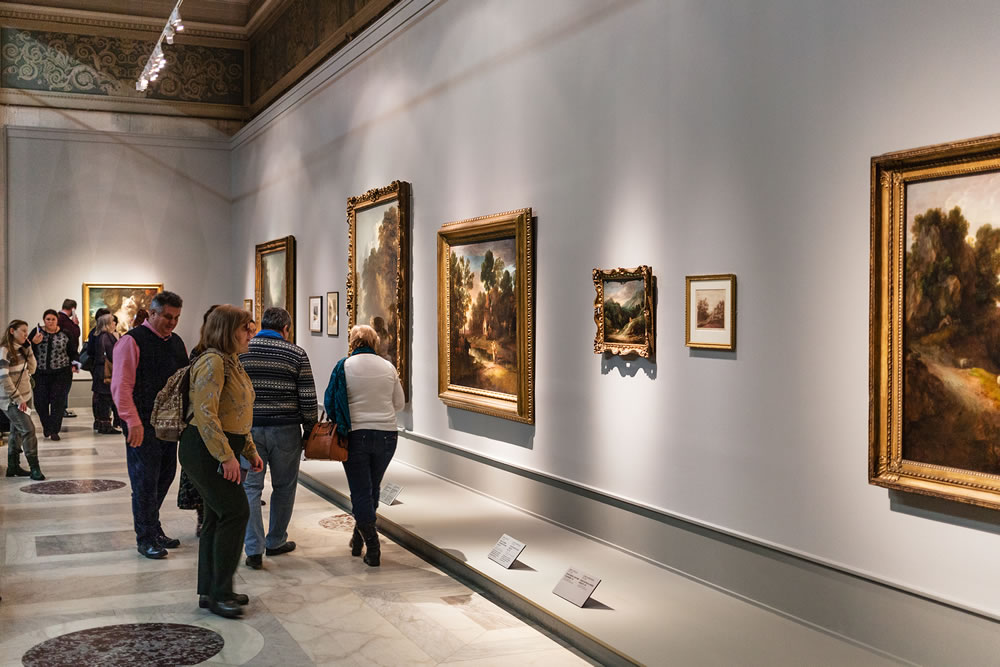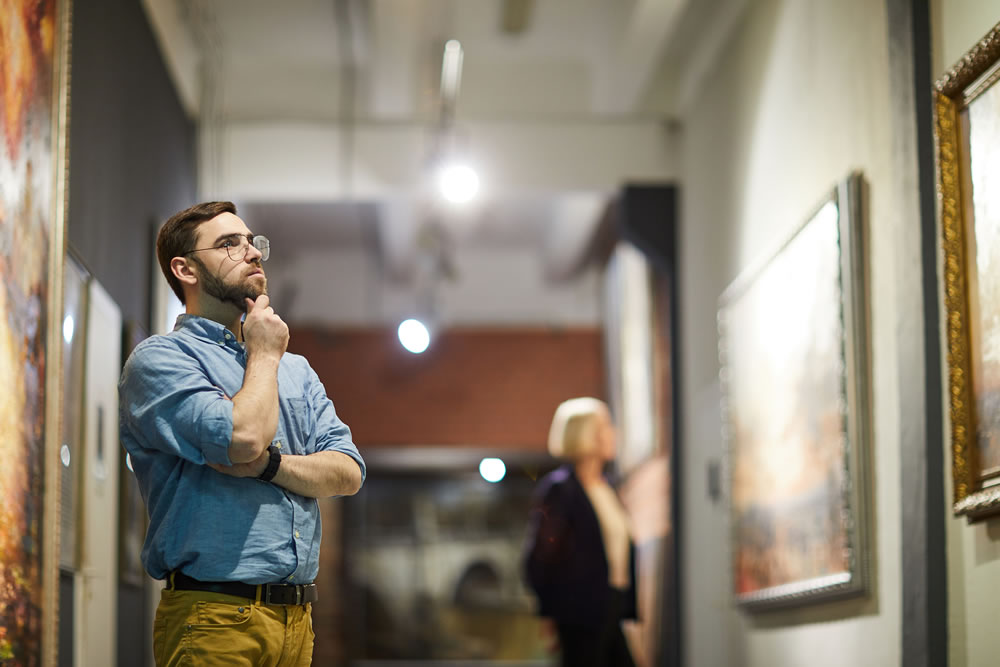Words by Ella Hendrix
Art has played many roles in society throughout history, whether used purely for decorative reasons, to convey messages and incite emotions or to allow people to express themselves in a way that simple words cannot.
Another way that art is being used increasingly in society is as an investment. We are seeing a current trend, for example, in the use of art in luxurious spaces, such as hotels or exclusive shops, which is both a great investment of money as well as adding to the space’s individual, exclusive, and luxurious style.
Incorporating art into luxurious spaces
Art investor Olyvia Kwok has been buying and selling art since she was 22 years old and knows a bit about using art in luxurious spaces. She says: “No longer the exclusive domain of the art gallery or museum, the luxury hotel is just as likely to show your favourite artists. Experience first-hand a Picasso in La Colombe d’Or in St Paul de Vence in France, a Dalí in The Dolder Grand in Zurich, or a Warhol and Hirst in Gramercy Park Hotel, New York.”
Incorporating art into luxurious spaces has two main benefits – the investment opportunities that owning pieces of art presents, and the impression that having pieces of art in a hotel or retail space gives for customers.

Art as an investment opportunity
According to Kwok; “Art is being financialized to be a proper asset class. I think it’s more solid, more sophisticated to be involved in.” Unlike property, it is not drastically affected by fluctuations in the market, but you still get a physical asset.
Art does not know borders and will generally appreciate over time. It is important, though, that you know what you are buying – and if you don’t, get some expert advice.
The effect of art on clients
There are several reasons why displaying art in a luxurious hotel or retail space can be beneficial in terms of the impression that it has on clients.
Firstly, the display of art by up-and-coming or local artists is a great way to build links with the community, as well as demonstrating a passion for culture. Displaying art also provides a talking point and makes them more memorable for their clients.
Changes in art choice
It would be incorrect to say that some luxurious spaces like hotels or exclusive shops and boutiques have never had art on show previously. However, for many years this art has been largely generic and bland, doing the job of filling a wall, as opposed to instigating conversation and forging memories.
Kwok states, when talking about art, that; “people are getting more selective and more sophisticated, when something is adequate, it doesn’t attract people. When things are super quality or super fresh, I think people are happy to pay premium.” And this reflects in the places where art is displayed as well.
“Hotels have realised that the art they purchase makes as big a statement about their brand and luxury credentials, as any other interior choice they make. To illustrate the importance that some business owners are placing on collecting art and displaying it for their clients to see, we are seeing an increased number of hotels and retail spaces being designed around the art that is to be shown, rather than art simply being added as an afterthought.”

Kwok’s company, Willstone Management, suggest that; “instead of simply leaving walls blank with spaces for art works to be added later, forward-thinking hotels are incorporating art into the very fabric of the building with specially commissioned pieces by up-and-coming artists, that are actually integrated into the design of the building.”
Leading hotels and retail spaces
This new trend of using fine art to define a luxurious space has seen several places already reaping the rewards. Hong Kong’s K11 Art Mall, for example, has been embracing the concept of the museum-retail space for around 10 years. It displays work from local and emerging artists as well as more established artists like Damien Hirst.
Hotels such as those mentioned above have been using classic art to create a luxurious and culturally rich ambience in their spaces. Other hotels, such as the Emperor Qianmen Hotel in Beijing, regularly collaborate with emerging artists and incorporate it into the fabric of the hotel. They promote installations by some artists, whilst displaying other work such as Chinese artist, Bingyi’s 400m² paper and ink mural.
There is no doubt that the inclusion of art in luxury spaces like hotels and retail units is changing the way that clients are engaging with businesses. By creating quality talking points and displaying art that cannot be ignored, businesses can, not only, wisely invest their money, but also build memories that will stay with their clients forever.
Image credit at the very top of the article: Willstone Management






















